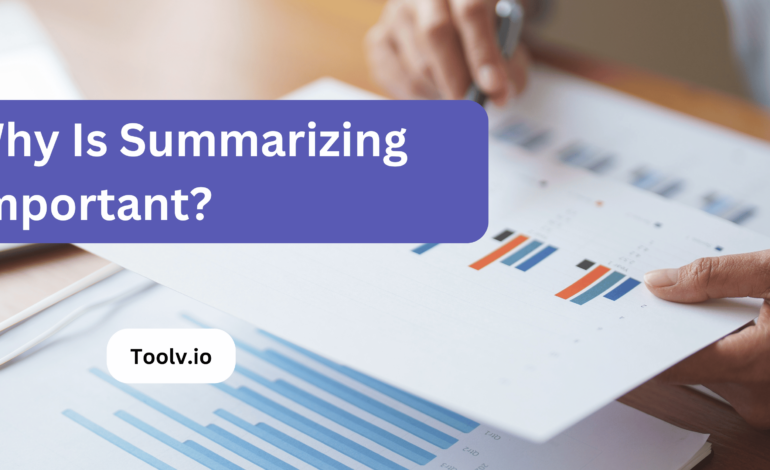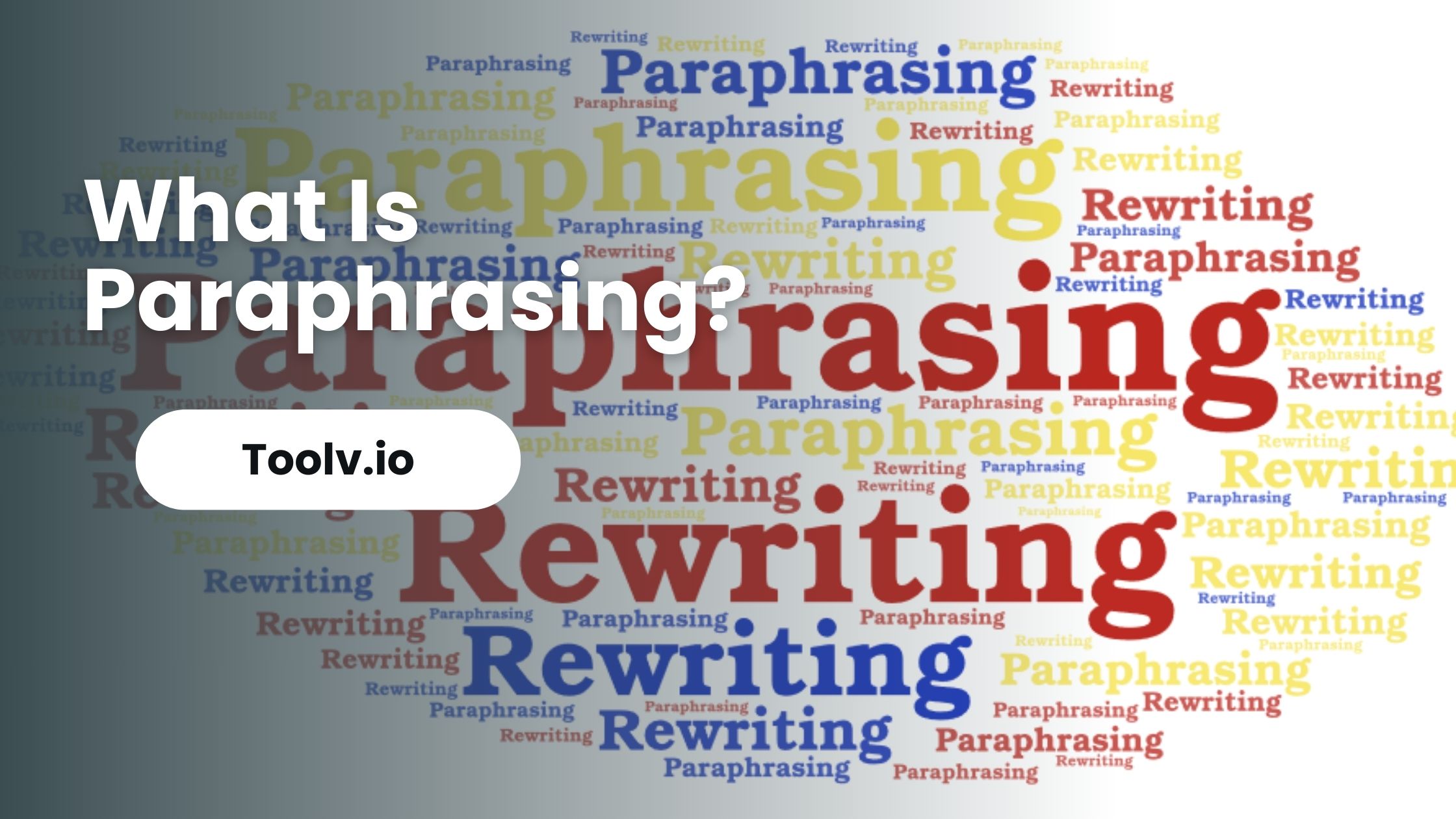Why Is Summarizing Important?

Summarizing is crucial because it condenses long pieces of information into manageable bites. It helps you grasp the main points quickly and remember them easily.
In this article, we will discuss why mastering the art of summarizing is vital in both academic and professional settings, and how it can improve your understanding and communication skills.
What Is The Main Purpose Of Summarizing?
The main purpose of summarizing is to distill the most important ideas and key points from a longer piece of text or other media into a shorter, concise format.
Effective summarization requires identifying and focusing on the central themes, supportive arguments, relevant details, and overall intentions within a work.
Some key reasons we summarize include:
- To condense information for better comprehension and retention
- To aid in studying and reviewing core concepts
- To provide concise overviews when time is limited
- To allow the sharing or presentation of key ideas from lengthy reports
- To facilitate discussion, critique, and analysis of the original
- To ensure understanding of complex processes or discovery
In essence, summarizing aims to reduce overall length and complexity while emphasizing an original’s vital content and meaning.
Crafting an accurate summary demonstrates comprehension, synthesis, and communication skills. Strong summaries balance brevity with adequately representing salient points from the full-length source material.
What Are The Benefits Of Summarizing?
- Increased Understanding: The process of summarizing text requires analyzing the key details and central themes to determine what is most important. This leads to improved comprehension, interpretation, and retention of the information.
- Better Recall: Summaries act as an overview of the main points, allowing for easier recall of the key ideas later on compared to reading lengthy original texts. Good summaries serve as a quick reference guide.
- Improved Learning: Creating summaries is an active learning process that engages critical thinking skills which leads to deeper understanding. It also helps identify gaps or areas needing clarification.
- Communication Efficiency: Summaries present only the essential ideas and details in a short format. This allows for the concepts and findings from lengthy reports, articles, books, etc to be conveyed efficiently.
- Adaptability: Summarized versions can be created to align with a specific audience’s needs. The length, focus, style, format, and choice of details can be adapted based on the purpose of the summary.
In short, summarizing improves comprehension, aids retention, provides efficiency in communicating or presenting research, and actively engages learning skills leading to deeper understanding.
Why Is Summarizing Important?
Writing a summary is important because it helps you understand the main ideas of a text. When you summarize, you pick out the key points and leave out the extra stuff. This makes it easier to remember what you read and share it with others.
Summaries are also handy when you don’t have time to read everything. They give you a quick snapshot of the main ideas, so you can stay informed without reading every word. It’s like getting the big picture without getting lost in the details.
In schools and workplaces, summaries show that you get what you’ve read. They help you communicate clearly and keep everyone on the same page. So, writing summaries is a great skill to have for learning and sharing information effectively.
What Are The Skills Of Summarizing?
Summarizing skills involve understanding and communicating the main points of a text or conversation clearly and concisely. Here are some key skills:
- Active Reading or Listening: Paying close attention to what you’re reading or listening to is crucial. It helps you grasp the main ideas and details.
- Identifying Main Points: Being able to spot the key ideas in a text or talk is essential. It’s about knowing what’s most important and what can be left out.
- Note-Taking: Jotting down important points as you read or listen helps. It makes it easier to remember and review the main ideas later.
- Paraphrasing: This is about putting things in your own words. You take what the author or speaker said and say it more simply, but you keep the original meaning.
- Organizing Information: Good summaries are well-organized. They follow the same order as the original text or conversation, making them easy to follow.
- Being Concise: This is about being brief and to the point. A good summary has all the main ideas but none of the extra details.
- Critical Thinking: Sometimes you have to read between the lines or understand the context to summarize well. This means thinking about what’s not said directly but is still important.
These skills together make your summaries clear, accurate, and useful for yourself and others.
Conclusion
Summarizing is key because it helps you understand and remember information. It makes complex ideas clear and easy to share with others.
The Toolv.io Paraphrasing tool is great for this. It rewrites text in new ways, keeping the original meaning. This tool is handy for quick, effective communication.





